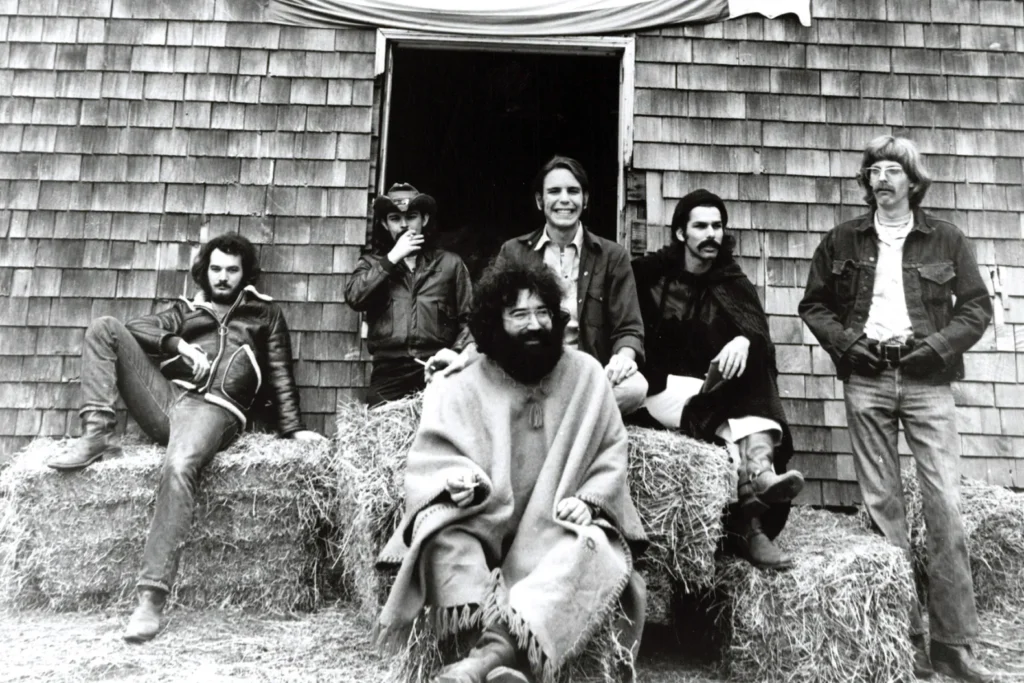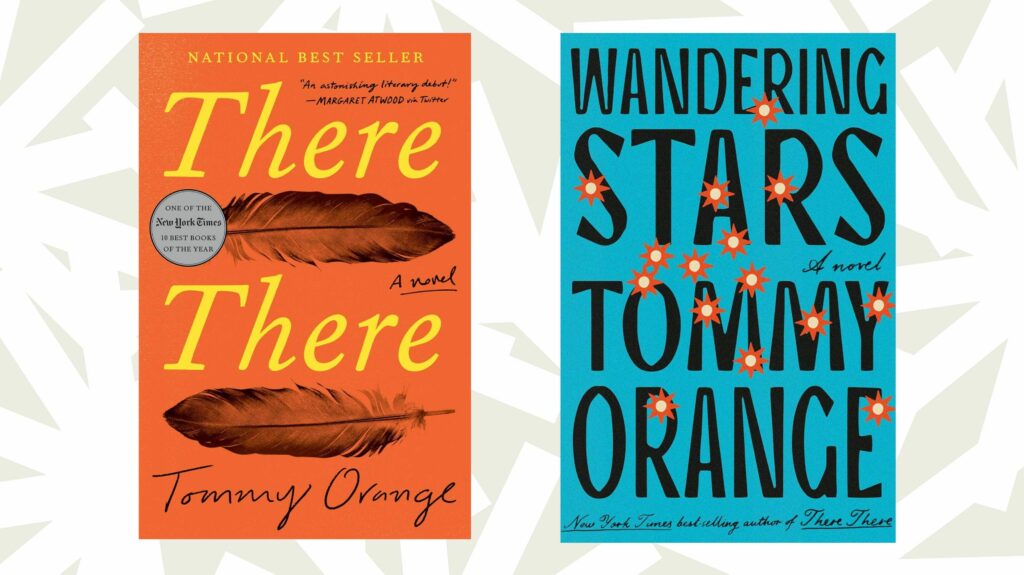 We are always asking, far too hastily, “what’s the insight” or “what’s the answer?” Qualitative research, in and of itself, seldom provides “the answer.” But when in the hands of experts, it can lead to asking the right questions, opening the intellectual and creative floodgates to stimulate the imagination that make breakthrough insights possible in the first place.
We are always asking, far too hastily, “what’s the insight” or “what’s the answer?” Qualitative research, in and of itself, seldom provides “the answer.” But when in the hands of experts, it can lead to asking the right questions, opening the intellectual and creative floodgates to stimulate the imagination that make breakthrough insights possible in the first place.
I came across a post today that argued, with great ignorance and naïveté, against qualitative research. The piece focused on the false belief, expounded by Steve Jobs and others, that you can’t ask consumers what they want because they either don’t know or can’t articulate what they want. As Henry Ford once said, “If I had asked my customers what they wanted they would have said a faster horse.”
But “a faster horse” isn’t where you’d stop in qualitative research. It’s just the beginning.
A skilled researcher will approach qualitative work like psychotherapy. It’s a deep dive into values, aspirations, fears, perceptions, and behaviors to fully understand who they are, both on their own and in the context of the category or the brand we’re exploring. It’s a process of listening, unpacking, deconstructing, reinterpreting, imagining, and hypothesizing.
Consumers never told marketers they wanted snack bars. Rather, research indicated that most granola usage was not in the traditional breakfast cereal mode, milk poured over the cereal and eaten with a spoon. People snacked on it straight from the box.
But the Nature Valley team at General Mills did not recommend a cereal box with a bigger opening to make snacking easier, or the equivalent of a “faster horse.” They observed a simple behavior which led to a bigger opportunity. “How can we deliver granola in snack form?” This led to an entirely new category that now generates about $30 million in sales in the U.S. alone.
I would agree with Henry Ford that if we had asked 1890 consumers about transportation, they may have expressed a desire for faster horses. But here’s where qualitative research can be truly valuable.
While in the moment, any moderator worth his/her salt would respond, “What else? Let’s think about something other than horses. What about a train that doesn’t need rails? Are there other ways to harness other available sources of power like steam, whale oil? What about new sources of power?”
Marketing is all about understanding the human condition. While data can certainly reveal a good deal about the human condition, qualitative research, in the right hands, leads us to deeper understanding. People will reveal who they and what they want when a trained interviewer is able to probe, push and propel them to think beyond their histories and current conditions.



